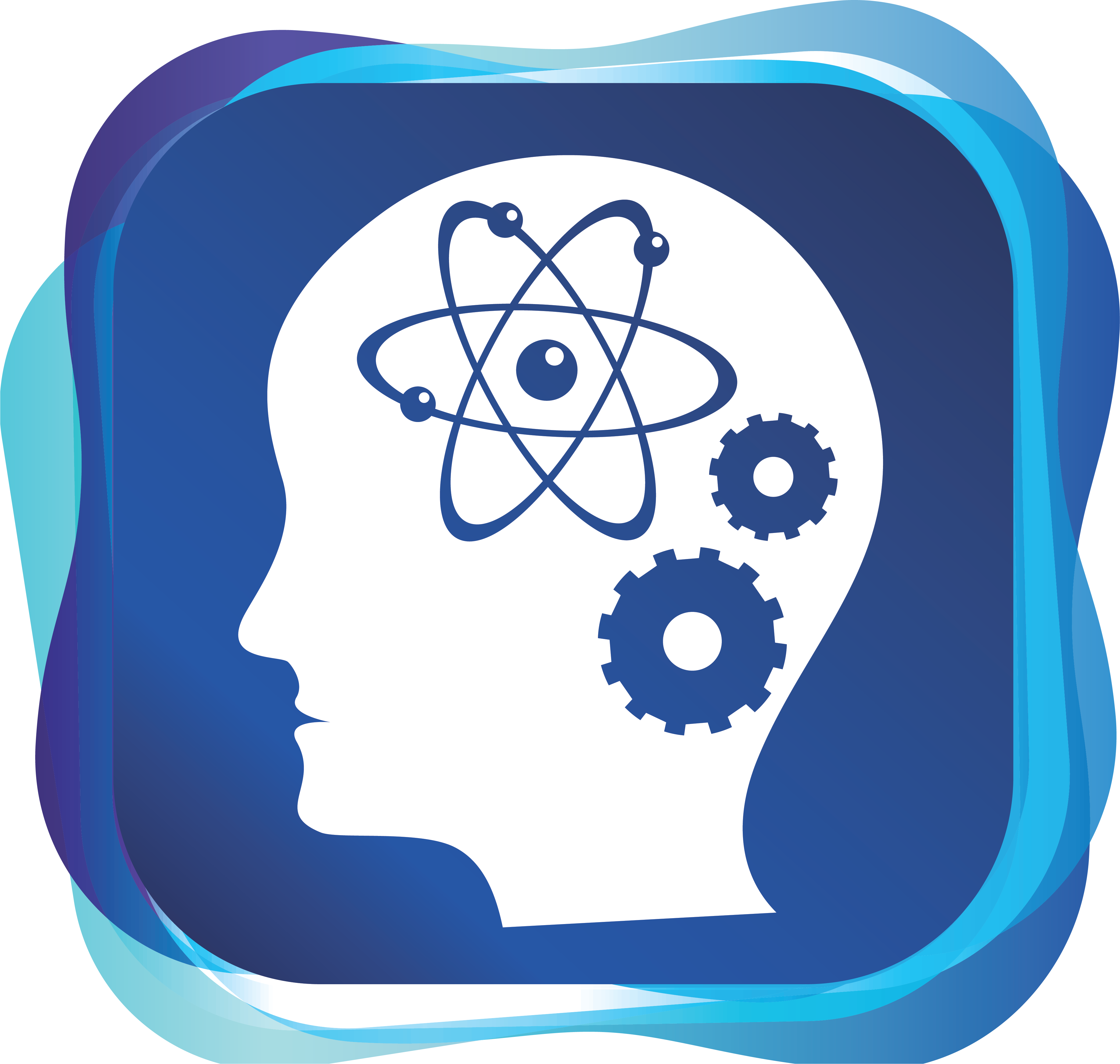 |
CCST9086 Scientific and Technological LiteracyScientific Thinking in Life and SocietyThis course is under the thematic cluster(s) of:
|
Course Description
[This is a certified Communication-intensive (Ci) Course which meets all of the requirements endorsed by HKU’s Senate, including i) the teaching and assessment of written and visual communication ‘literacies’; and ii) at least 40% of the course grade assigned to communication-rich assessment tasks.]
Welcome to an exciting interdisciplinary course designed for undergraduate students from diverse backgrounds! In today’s world, where our cognitive biases often cloud our judgment and misinformation is rampant on social media, it’s essential to develop strong scientific thinking skills. This course will introduce you to the power of scientific thinking and its applications in a wide range of personal, professional, and societal contexts.
In this engaging and interactive course, you will explore the principles and methods of scientific thinking, such as critical thinking, skepticism, and evidence-based reasoning. You will learn how to identify and overcome cognitive biases, and apply scientific thinking to understand various social, political, and professional issues. By analyzing real-world cases, research topics, and news articles, you will see firsthand how scientific approaches can provide reliable, evidence-based insights that inform decision-making.
Throughout the course, you can expect a high level of participation and engagement as we delve into lively discussions and debates on pressing issues and their implications for society and our lives.
Upon completion of this course, you will have gained a deeper understanding of the impact of scientific thinking on personal and professional decision-making. Furthermore, you will be equipped with the skills necessary to critically evaluate information and claims related to social, political, and professional issues. Get ready to embrace the power of scientific thinking and its transformative potential in your everyday life!

Course Learning Outcomes
On completing the course, students will be able to:
- Define scientific thinking and articulate its significance in addressing complex societal challenges, emphasizing its role in evidence-based decision-making and systematic problem-solving.
- Identify and mitigate cognitive biases by applying scientific methods to evaluate evidence and arguments, and by critically assessing the reliability, validity, and potential biases of various information sources.
- Apply scientific and critical thinking skills to real-world issues, engaging in thoughtful, respectful discourse that fosters deeper understanding, challenges assumptions, and supports the development of well-reasoned, informed perspectives.
- Communicate ideas, arguments, and solutions effectively to diverse audiences using clear and concise language, and by employing appropriate visual aids or presentation techniques to enhance comprehension and engagement.
Offer Semester and Day of Teaching
First semester (Wed)
Study Load
| Activities | Number of hours |
| Lectures | 24 |
| Tutorials | 10 |
| Reading / Self-study | 50 |
| Assessment: Essay / Report writing | 15 |
| Assessment: Presentation (incl preparation) | 35 |
| Total: | 134 |
Assessment: 100% coursework
| Assessment Tasks | Weighting |
| Lecture and Tutorial Participation | 10 |
| Quizzes | 30 |
| Reflective writing | 20 |
| Individual presentation | 20 |
| Group project and presentation | 20 |
Required Reading
References:
- Oreskes, N. (2021). Why Trust Science. Princeton University Press. [Chap. 1 “Why Trust Science-Perspectives from the History and Philosophy of Science”]
- Kahneman, D. (2011). Thinking, Fast and Slow. Farrar, Straus, and Giroux. [Chap. 1 “The Characters of the Story”; Chap. 9 “Answering an Easier Question”; Chap. 12 “The Science of Availability”; Chap. 13 “Availability, Emotion and Risk”; Chap. 23 “The Outside View”; Chap. 24 “The Engine of Capitalism”; Chap. 34 “Frames and Reality”]
- Polack, F. P., Thomas, S. J., et al. (2020, December 31). Safety and Efficacy of the BNT162b2 mRNA Covid-19 Vaccine. N Engl J Med, 383(27), 2603-2615. C4591001 Clinical Trial Group.
- Swire-Thompson, B., & Lazer, D. (2020). Public Health and Online Misinformation: Challenges and Recommendations. Annual Review of Public Health, 41, 433-451.
- Oreskes, N. (2024). Science Improves When People Realize They Were Wrong. Scientific America. From https://www.scientificamerican.com/article/science-improves-when-people-realize-they-were-wrong/
Resources to be used:
The course will utilize a range of resources, including chapters from textbooks, academic articles, and case studies, to expose students to diverse perspectives and real-world examples. Additionally, online learning platforms and multimedia resources will be used to further enhance student engagement and facilitate independent learning.
Course Co-ordinator and Teacher(s)
| Course Co-ordinator | Contact |
| Professor W.L. Yang Department of Paediatrics and Adolescent Medicine, Li Ka Shing Faculty of Medicine |
Tel: 2831 5077 Email: yangwl@hku.hk |
| Teacher(s) | Contact |
| Professor W.L. Yang Department of Paediatrics and Adolescent Medicine, Li Ka Shing Faculty of Medicine |
Tel: 2831 5077 Email: yangwl@hku.hk |
| Professor P.C. Sham Department of Psychiatry, Li Ka Shing Faculty of Medicine |
Tel: 3917 9557 Email: pcsham@hku.hk |
| Dr L.W. Baum Department of Psychiatry, Li Ka Shing Faculty of Medicine |
Tel: 2831 5106 Email: lwbaum@hku.hk |

